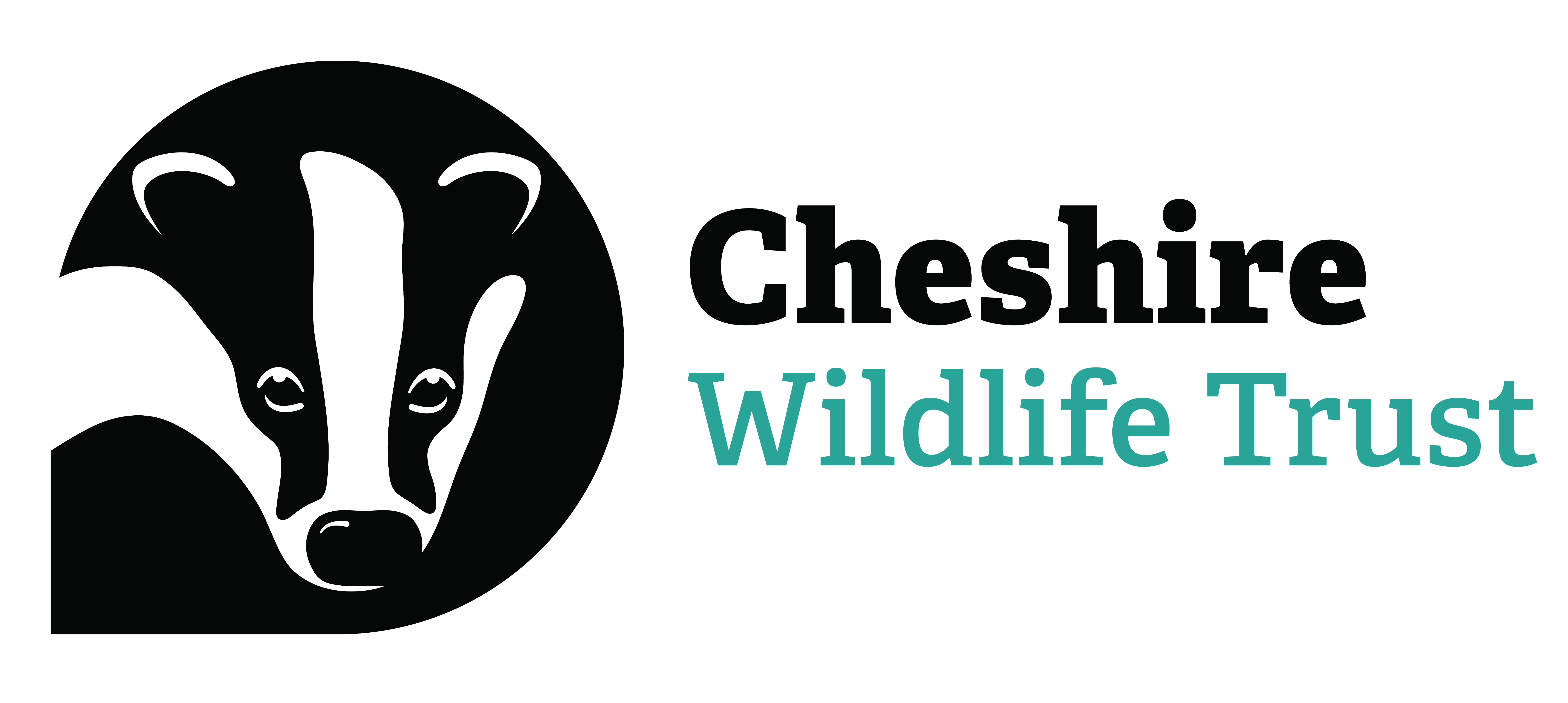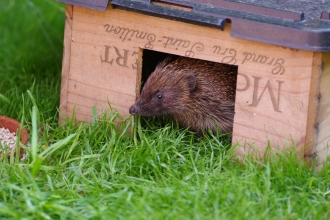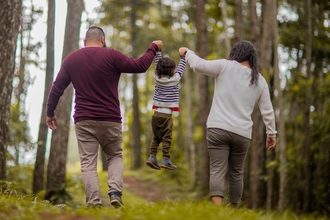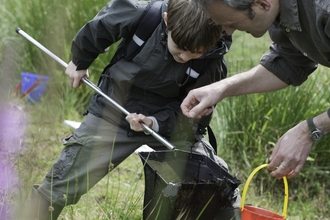The start of a new year is a perfect time to kick old habits and start some new ones. A great New Year’s resolution is to do more for the planet, however thinking about the natural world can be overtaken by concerns about rising bills and the cost of living.
Did you know that by helping the environment, you could also be helping yourself? These are just a few our Wild Life Hacks; small actions we can all take that help solve big problems.



